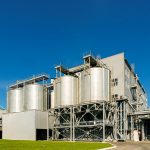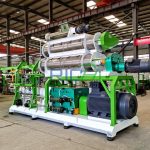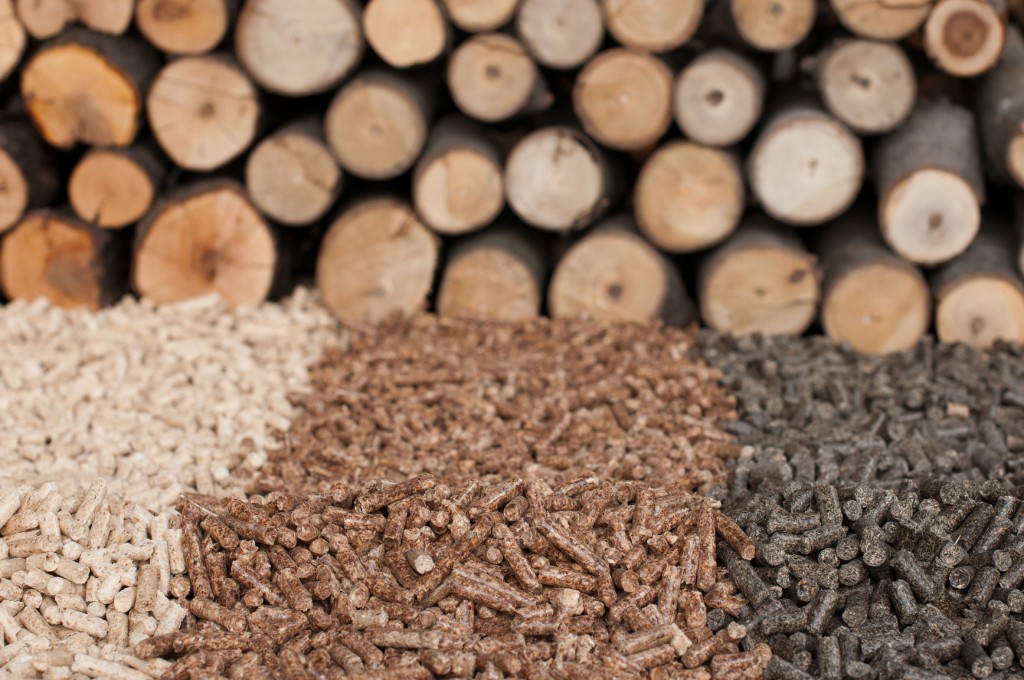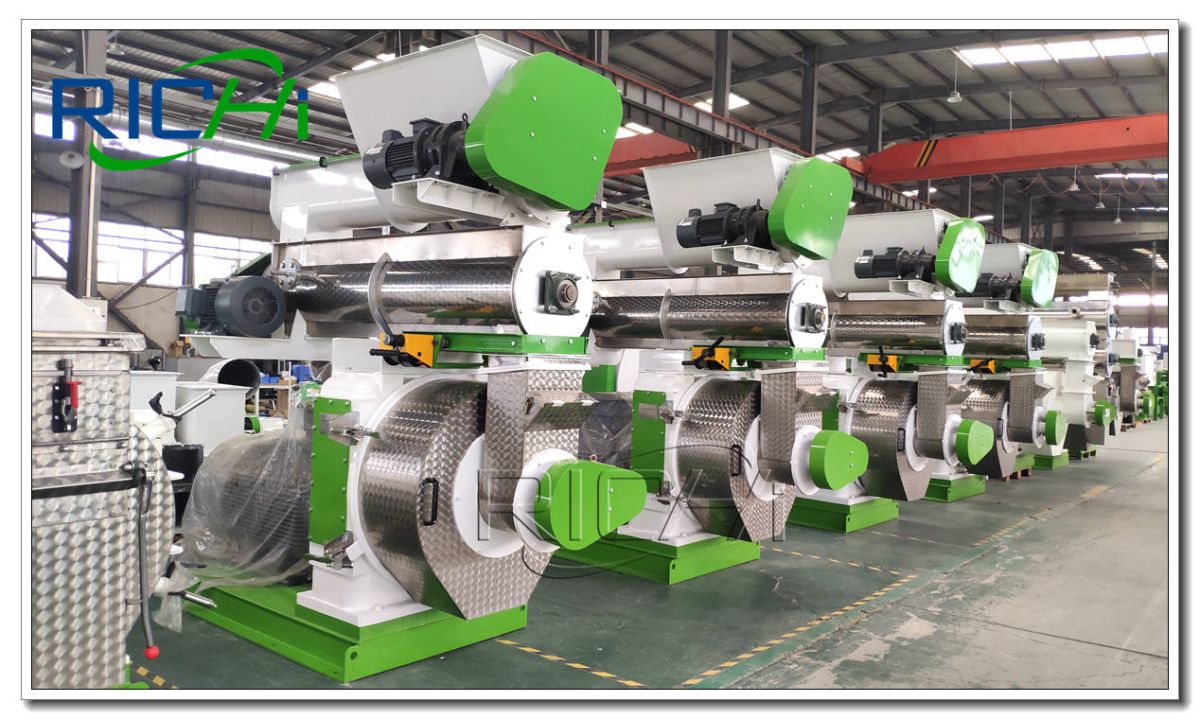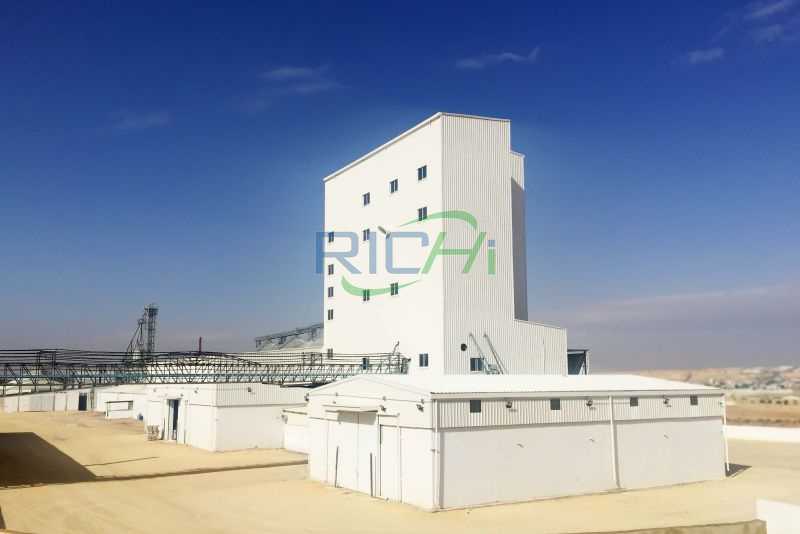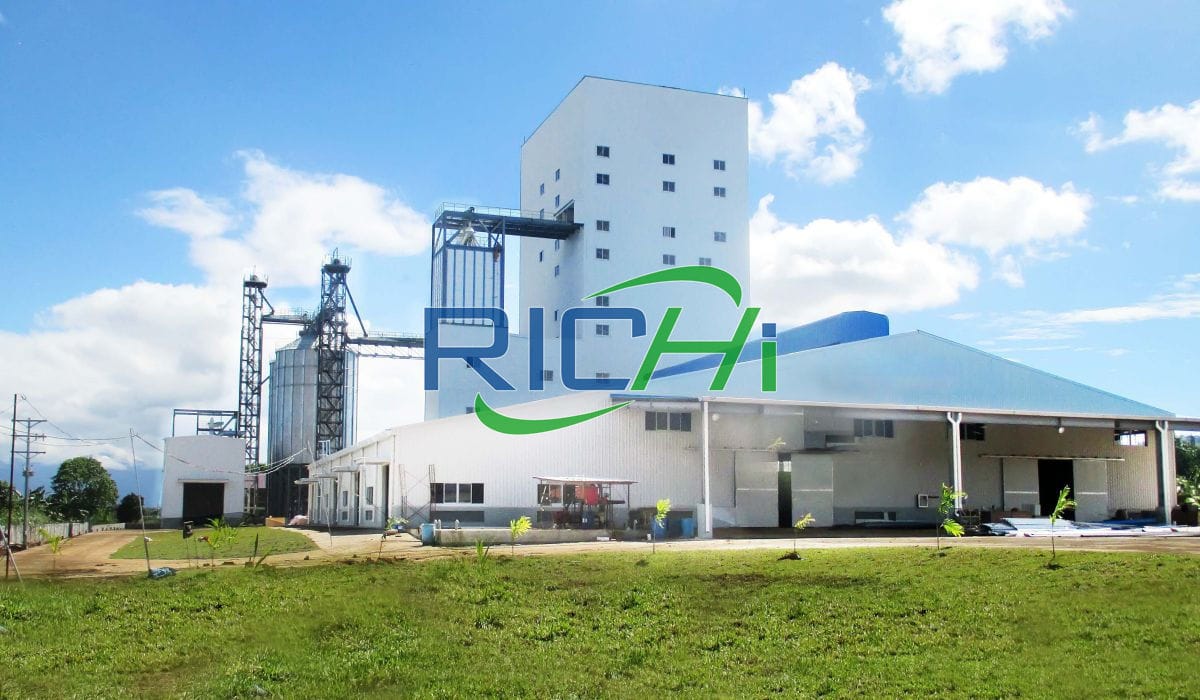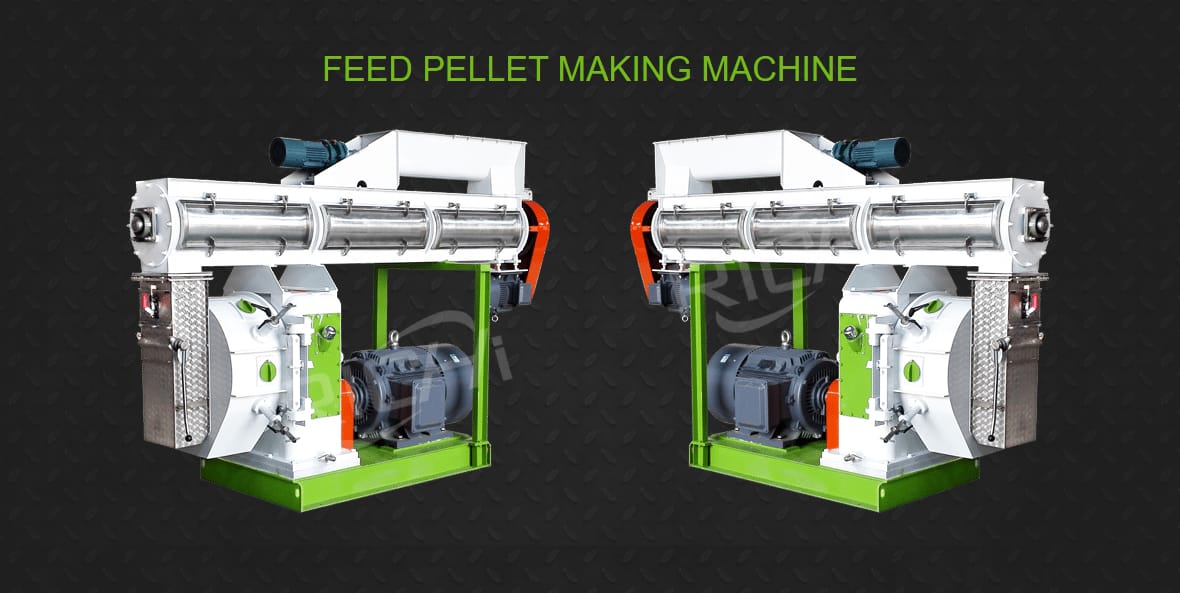Exactly how to select the right type of biomass fuels for the users of biomass fuels? The individuals who choose biomass fuels are normally taking a look at the characteristics of “environmental management” and also “affordable” of biomass fuels.
So how to pick among so many type of biomass fuels, such as peanut hull pellets, rice hull pellets, miscellaneous wood pellets, pine pellets? Next off, we will present the calorific worth, application area as well as price of different fuels independently, to make sure that the users of biomass fuels in numerous sectors can have their own judgments.

1. Typically, the users of biomass assorted timber particles are large chain-type biomass boilers, which can make use of high-cost biomass assorted timber fragments. Normally, peanut hull granules, peanut hull compaction and also rice hull granules can be utilized instead, which can properly minimize the operation expense of the boiler
2. Heat-conducting oil boilers require quick home heating per unit time as well as require high calorific value of fuel. It is typically advised that clients embrace gas-fired heat-conducting oil boilers and also biomass pellet burners. Pine pellets with high calorific worth can fulfill the production need.
3. Biomass heaters can usually utilize biomass pine pellets as fuel. If you intend to burn common pellets, you require to equip the current automated slag heater, which can lower the operation price of burning miscellaneous timber pellets and fix the trouble of insufficient fuel supply.
4. Biomass steam generators normally burn a little coked want pellets and generally non-coked pinus sylvestris var. mongolica pellets. From the perspective of expense as well as supply, it is recommended to use biomass want pellets, which is more affordable than that of Pinus sylvestris var. mongolica. The negative aspect is that the burning ash is more than that of Pinus sylvestris var. mongolica pellet.
5. Some can burn peanut hull briquette. Little biomass boilers can also select peanut hull briquette, peanut hull pellet, rice hull pellet, and so on, which are additionally the relatively low cost options.



